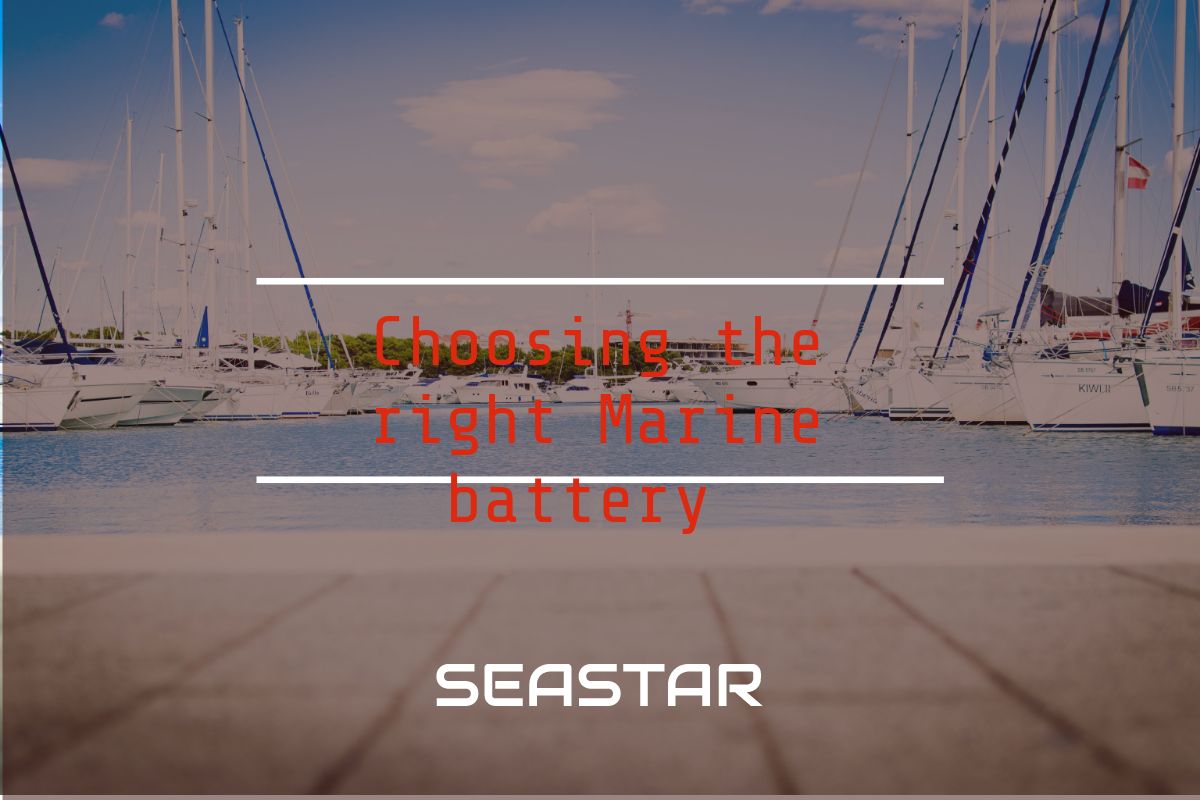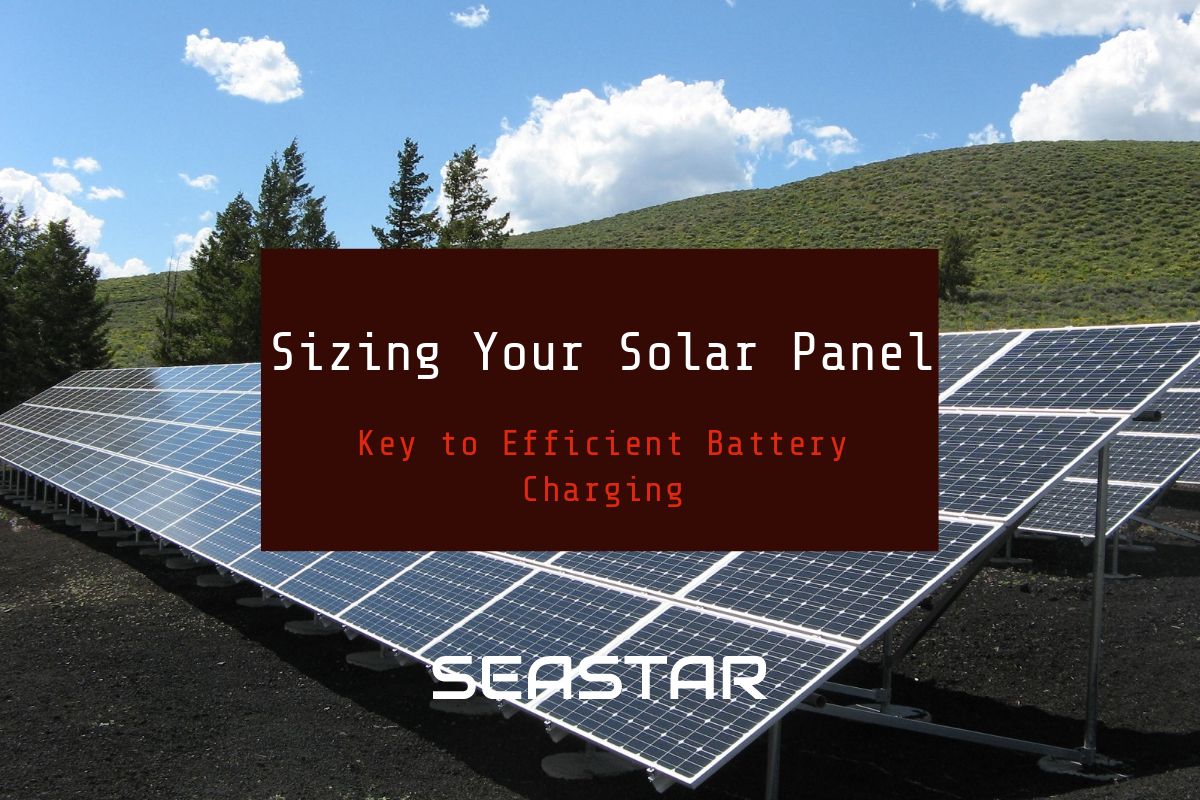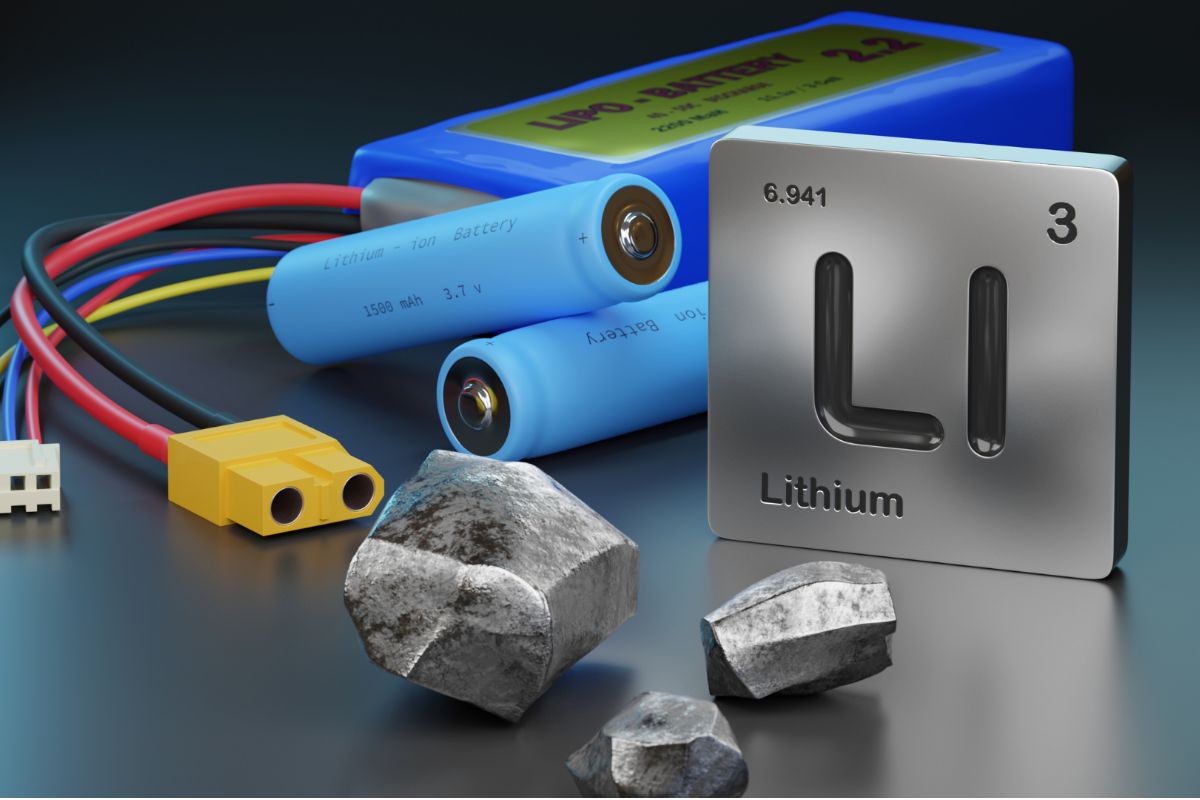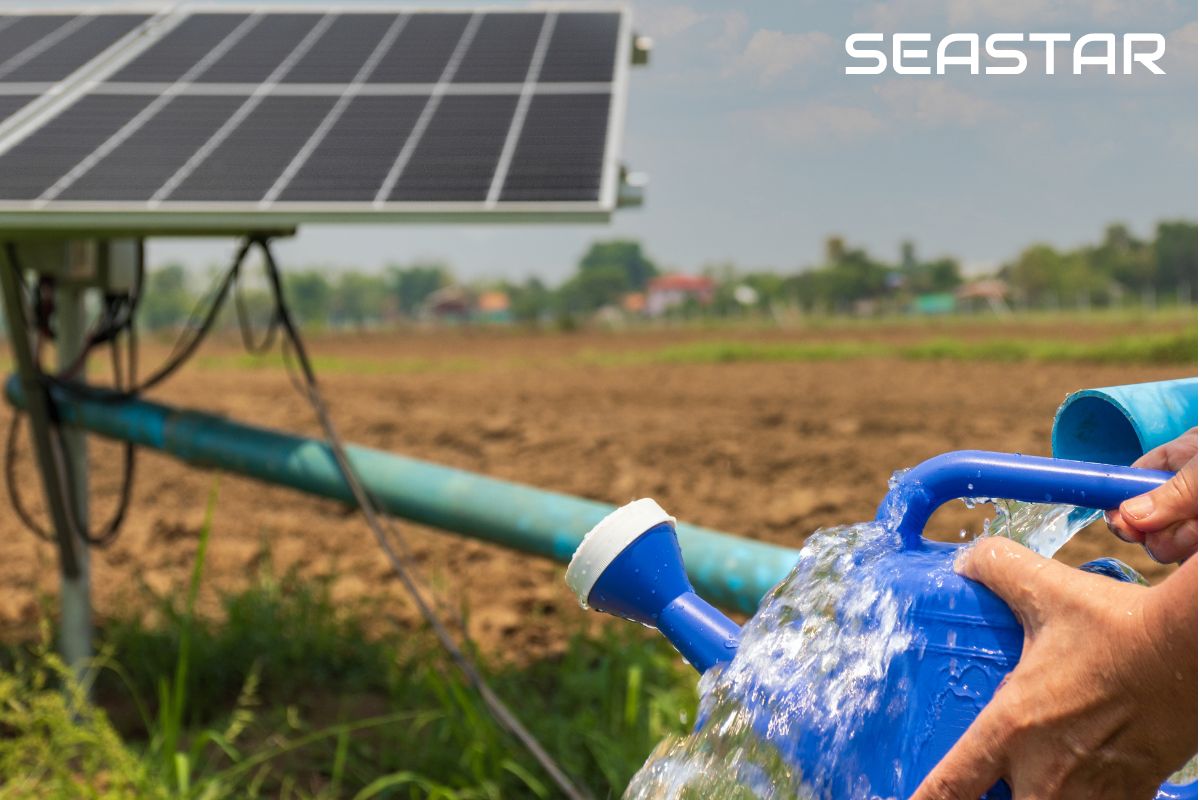To choose the best trolling motor battery for an 80 lb thrust motor, you will need to consider several factors:
- Battery Type: The most common types of trolling motor batteries are lead-acid batteries and lithium-ion batteries. Lithium-ion batteries are generally more expensive but offer longer run times and faster charging times.
- Battery Capacity: The battery capacity is measured in amp-hours (Ah) and refers to the amount of energy the battery can hold. A higher Ah rating means a longer run time for your trolling motor.
- Voltage: Your trolling motor will likely require a 24-volt or 36-volt battery system. Make sure to choose a battery with the correct voltage rating to match your motor.
- Size and Weight: Trolling motor batteries can be heavy, so it’s important to choose a battery that is easy to handle and fits comfortably on your boat.
- Brand and Quality: Choosing a reputable brand and high-quality battery can ensure that your trolling motor runs smoothly and efficiently.
Based on these factors, some top options for the best trolling motor battery for an 80 lb thrust motor include:
- Seastar Battery Lithium Ion Battery: This lithium-ion battery has a capacity of 50Ah and a 24V rating. It’s lightweight and offers long run times, but it’s more expensive than lead-acid batteries.
- Seastar best 12v 100ah lithium battery for trolling motors. It’s lightweight and offers long run times, but it’s more expensive than lead-acid batteries.
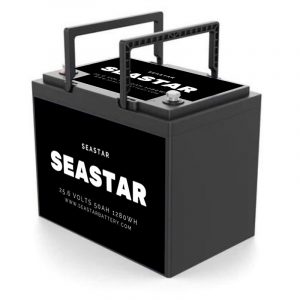
Table of Contents
Lithium battery comparison chart
| Battery Type | Energy Density (Wh/kg) | Cycle Life | Self-discharge rate | Safety |
|---|---|---|---|---|
| Lithium Cobalt Oxide (LiCoO2) | 150 - 200 | 300 - 500 | 5 - 8% per month | Moderate risk of thermal runaway and fire |
| Lithium Manganese Oxide (LiMn2O4) | 100 - 150 | 500 - 1000 | 10 - 20% per month | Good safety profile |
| Lithium Iron Phosphate (LiFePO4) | 90 - 120 | 2000 - 5000 | 1 - 2% per month | Excellent safety profile |
| Lithium Nickel Manganese Cobalt Oxide (LiNiMnCoO2) | 200 - 260 | 500 - 1000 | 5 - 10% per month | Moderate safety profile |
| Lithium Titanate (Li4Ti5O12) | 60 - 90 | 10000 | < 1% per month | Excellent safety profile |
When it comes to batteries, one size definitely doesn’t fit all. Depending on the device and its needs – like energy storage capacity, lifespan, or safety precautions – a careful selection of battery types is paramount in achieving optimal performance!
How long will a 12V 100Ah battery last?
When picking your 12V 100Ah battery, you’ll want to know how long it can last. To do that, consider the current draw of whatever device(s) will be powered by this particular battery as well as its overall efficiency — then plug those numbers into a simple equation: Battery life (in hours) = Battery capacity (100 Ah in this case)/ Device current draw (in amps). For example, if the device’s power draw is 5A of energy from the selected battery unit – voila! You’ve got yourself an estimated 20-hour lifespan for your set-up.
Battery run time formula
Sourcing experts know that the runtime of a battery isn’t as simple to calculate as one might think. The formula, which expresses run time in terms of ampere-hours (Ah) for Battery Capacity and amperes (A) for Load Current, is only theoretical – factors like temperature, load type, or even age can drastically affect its actual performance.
What size lithium battery for trolling motor
To determine the size of the lithium battery needed for a trolling motor, several factors need to be considered, such as the motor’s thrust, the length of time the motor will be used, and the speed at which it will be operated.
Without knowing these specifics, it’s challenging to provide an accurate answer. However, here’s an example of how you can calculate the battery capacity needed for a trolling motor:
Suppose you have a 55 lb thrust trolling motor that you plan to use for five hours at full speed (which is usually around 5 miles per hour). In that case, you will need a lithium battery with a capacity of at least 100 Ah (ampere-hours) to power the motor continuously for the entire five hours.
Note that this is just an example, and the required battery capacity can vary depending on your specific needs and motor specifications. It’s always a good idea to check the manufacturer’s recommendations and consult with a knowledgeable dealer to ensure that you select the right battery for your application. manufacturer’s recommendations and consult with a knowledgeable dealer to ensure that you select
Are lithium trolling motor batteries worth it?
Lithium batteries have many advantages for use in trolling motors, but whether they are worth it depends on your specific needs and budget.
Firstly, lithium batteries have a higher energy density and longer lifespan compared to traditional lead-acid batteries. This means that you can get longer use time from a single charge, and lithium batteries have a longer lifespan, making them more cost-effective.
In addition, lithium batteries are lighter in weight than lead-acid batteries, which is important for trolling motors because a lighter battery can improve performance and reduce strain on the motor.
Overall, while lithium batteries may have a higher upfront cost, their longer lifespan, lighter weight, and higher energy density make them a worthwhile investment for serious anglers or boaters who need reliable and long-lasting power for their trolling motor.
